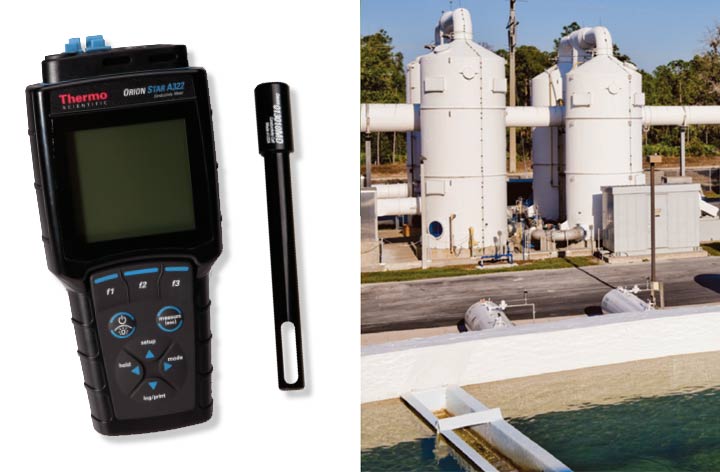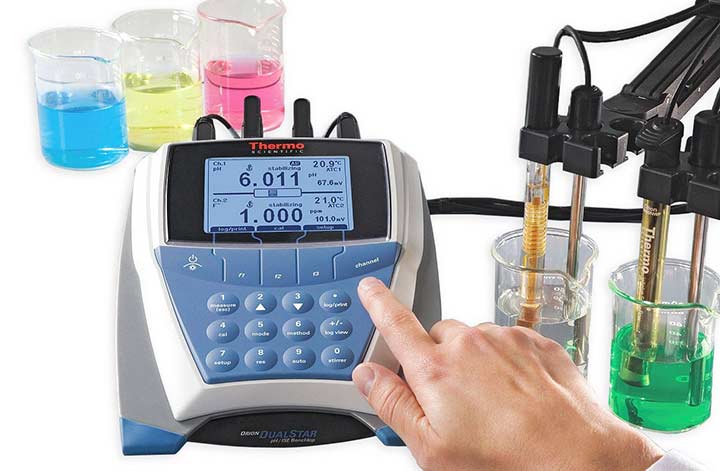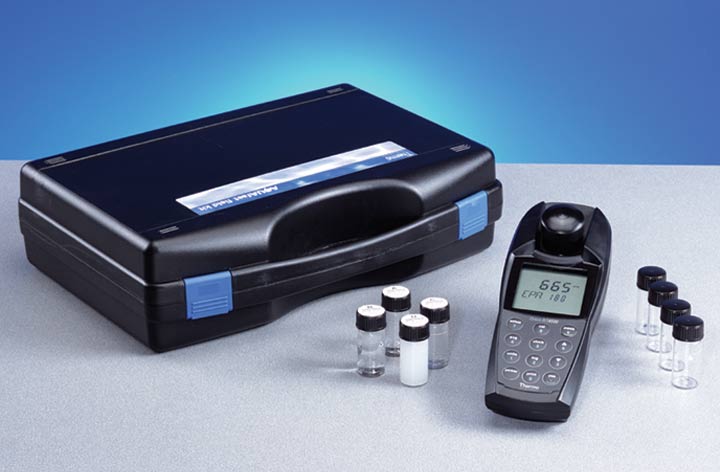Sodium measurement in Water
Sodium is one of the elements which form the mineral Sodium Chloride, commonly referred to as salt. Its measurement is important within both the natural environment and process environment, though in drinking water production is where most observation occurs as the human intake of highly levels of sodium can have adverse health effects.
Sodium is a highly soluble chemical and is often found in groundwater. In water, sodium has no smell but can be detected by taste at concentrations on 200mg/L or more. All groundwater contains sodium as most rocks and soils contain sodium compounds which are easily dissolved. The most common sources to elevate sodium levels in water are road salts, sewage, landfills and industrial sites. Sodium is not considered harmful at low levels; however an increased intake of sodium can be hazardous. The human body needs sodium in order to maintain blood pressure, control fluid levels and for nerve and muscle function.








